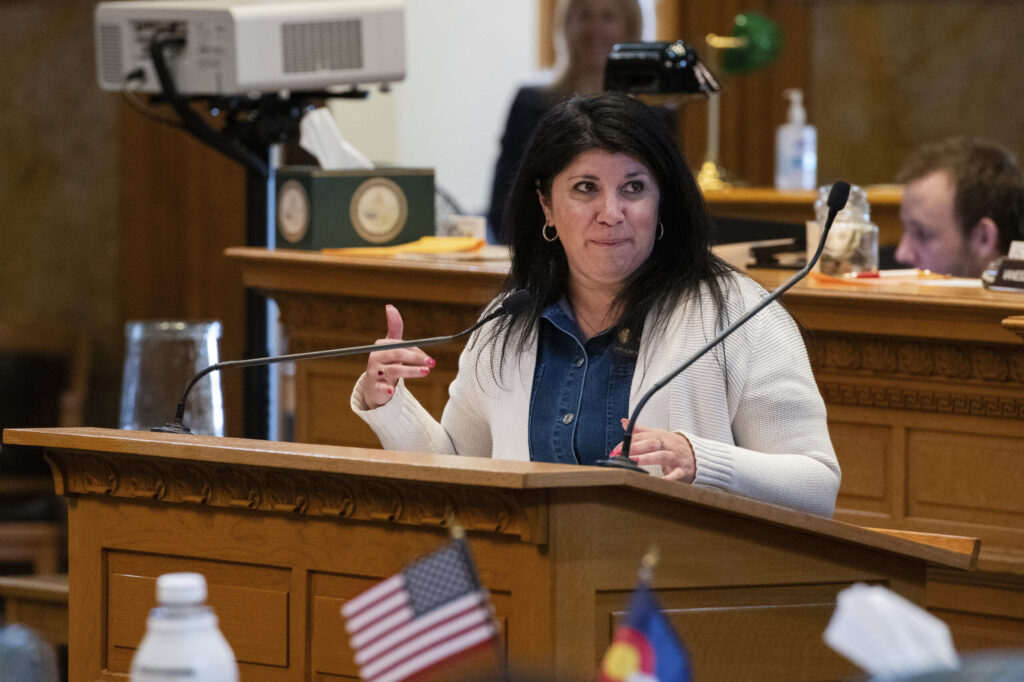Colorado Senate moves three bills from start to preliminary vote on 2021 session’s first day

In contrast to the long first day lawmakers had over in the Colorado House, the start to the 2021 session in the Colorado Senate started off with three bills, intended to either fix errors or avoid a lawsuit. All three won preliminary approval and the Senate was done for the day by 4 p.m.
Senate Bill 21-001 was the one hoping to tamp down a lawsuit. In the 2020 special session, the General Assembly adopted a COVID-19 relief bill intended to help small businesses. But one section – on funds specifically for minority-owned businesses – earned the state a lawsuit from Etienne Hardre, a white man from Colorado Springs who owns Locals Barbershop, who said the aid violates the U.S. Constitution because it requires business owners to be of a certain race to qualify and does not remedy specific racial discrimination.
Senate Bill 001 deals with that issue by moving the language on minority-owned businesses into a separate section of the law, and sets it as one criteria for aid, not the only one.
There were just a few witnesses who testified in favor of the bill Wednesday, including Joclyn Reese of Aurora, who owns a boutique fitness club tailored for women of color. She told the Senate Finance Committee she and her sister began the business by offering fitness classes in local parks, with a goal of improving the health of women of color. “It’s been a dream come true to grow our business,” which is now a fully-equipped club, she said.
Much of their success has been due to generous grants and services from local non-profits who support minority-owned small businesses, and that support allowed them to hire as well. During the pandemic, that assistance has allowed them to pivot to digital services and still keep their studio in Aurora.
But they have also faced systemic barriers to capital, Reese said, as well as delayed access to paycheck protection loans, a common complaint for minority-owned businesses. “Businesses like ours are still at risk” and may not survive the spring, she said.
Senate Bill 2 extends a deadline on new debt collection through June 1, 2021. The 2020 legislature adopted a law putting a moratorium on “extraordinary” debt collections, defined as a garnishment, levy or attaching wages in order to enforce a judgment. The deadline was due to expire on Feb. 1.
Testifying in favor, with an amendment, the Associated Collection Agencies of Colorado and Wyoming, which submitted written testimony. “The adverse economic effects from COVID must be fought by everyone … The only way to get our economy on the road to recovery is for everyone to do their part.”
The third bill – Senate Bill 3 – was to re-create the Occupational Therapy Practices Act, but due to an error during the 2020 session was allowed to lapse.
All three bills passed the committee with unanimous votes. The Senate Appropriations Committee later gave unanimous consent to the latter two, and all three wound up on the consent calendar, meaning preliminary approval without debate. All three will be on the agenda for final votes in the Senate Thursday.











